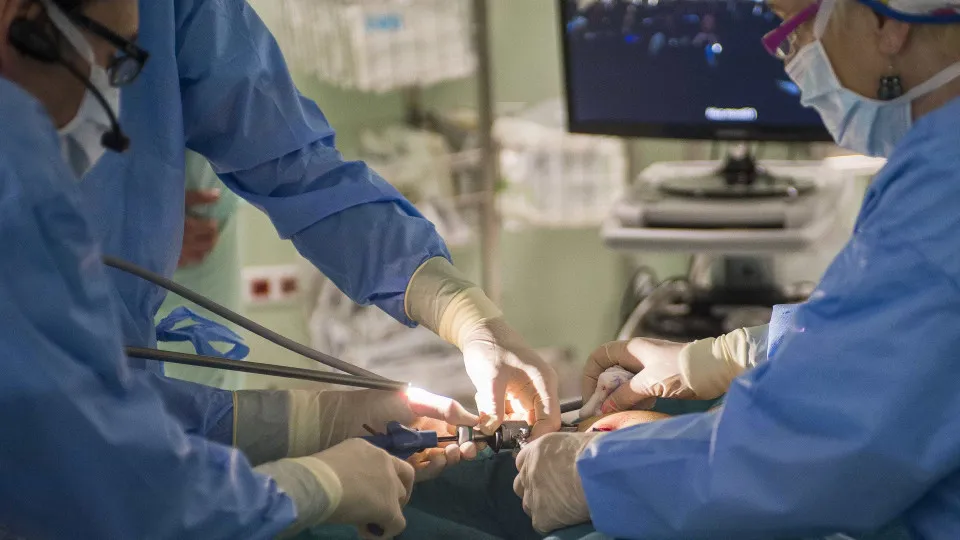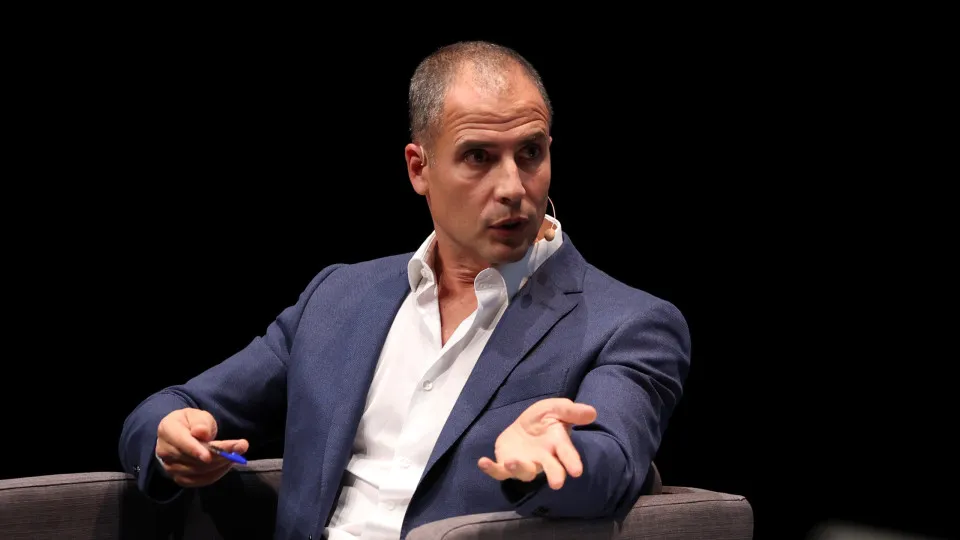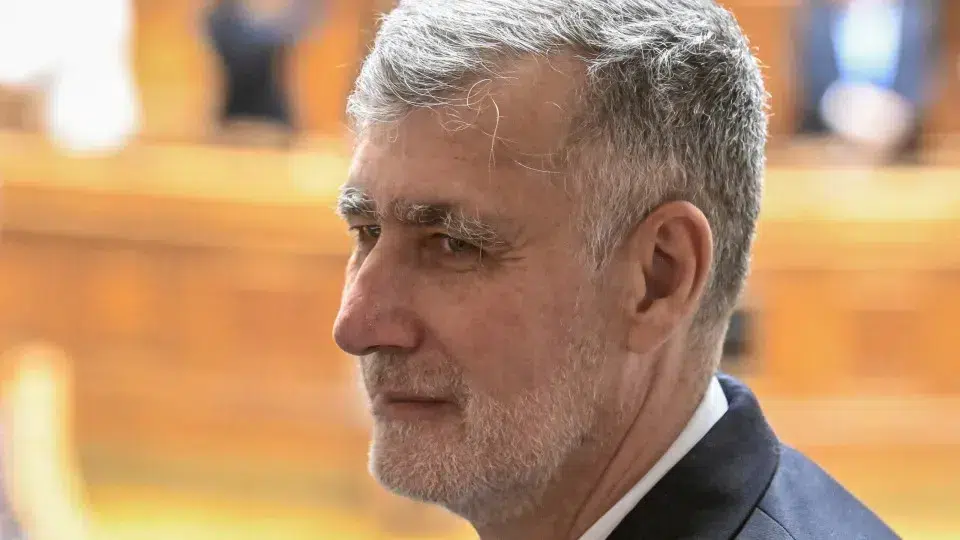
The Central Administration of the Health System (ACSS) reported the progress of hiring doctors who have completed their specialty training, revealing that 966 of the 973 anticipated competitions for hospital specialties during the usual period have already been launched. “As of now, 793 out of the 1,552 available positions for hospital specialties have been filled,” the ACSS stated.
The recruitment process for new hospital doctors is decentralized, meaning each local health unit (ULS) conducts them, unlike the family doctors in health centers, who are placed through a national competition organized by the ACSS.
In June, 213 new family doctors were hired as part of a competition opened in May, which offered a total of 585 positions, representing a placement rate of approximately 35%. The ACSS noted that while this occupancy rate in 2025 is “low,” it surpassed those recorded in 2023 (32%) and 2024 (28%).
In the preliminary overview shared today, the ACSS mentioned that during the first recruitment period for newly specialized doctors across hospital, general, and family medicine, as well as public health, 1,031 doctors were hired by early October. Of this total, 835 had achieved their specialty in the first period of 2025, reflecting an 81% retention of all newly specialized doctors hired, while the remaining 196 completed their training in previous years.
The shortage of healthcare professionals, particularly in specialties like obstetrics and gynecology, has been highlighted as a significant issue affecting access to the National Health Service (SNS). Both unions and professional associations have called for measures to attract and retain these professionals in public hospitals and health centers.
The Order of Physicians proposed a package of 25 measures to boost the attractiveness of the SNS. This proposal, already presented to the Ministry of Health and parliamentary groups, warns that the shortage of doctors “jeopardizes the response capacity, quality of care, and timely access to the SNS.” This plan, as per the document, aims to be implemented over two years to ensure the retention and appreciation of doctors working in the public sector.
The National Federation of Doctors, the major union structure for the profession, prioritizes restoring the 35-hour workweek, recovering the purchasing power lost by healthcare professionals over the past decade, and integrating internships into the medical career as core measures to attract and retain doctors.
The emergency and transformation plan for health, approved by the government in May 2024, outlines a program to enhance the value of healthcare professionals. Among other initiatives, it includes measures for continuous training, performance-based remuneration, and technical and organizational autonomy.
As of July this year, the SNS employed around 154,000 workers, including 52,000 nurses, 22,000 specialist doctors, and over 10,000 doctors in training (interns).




